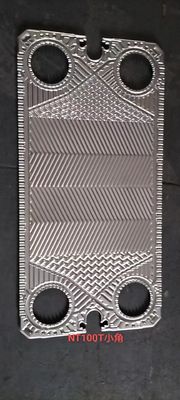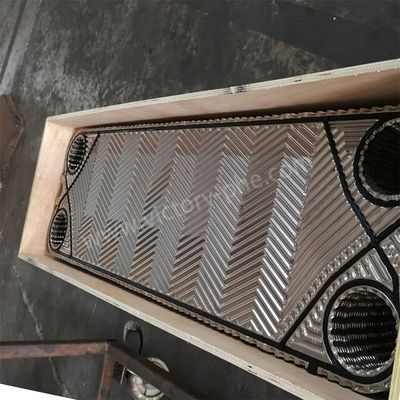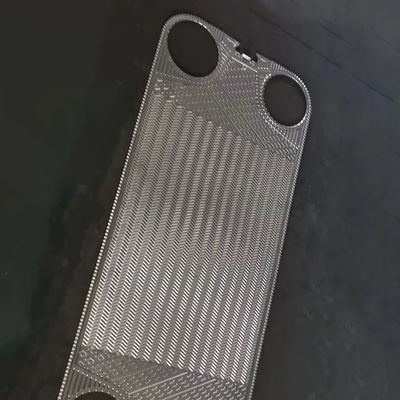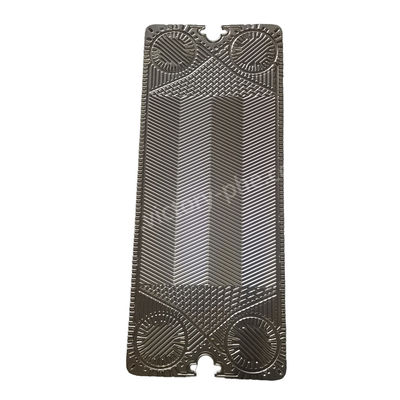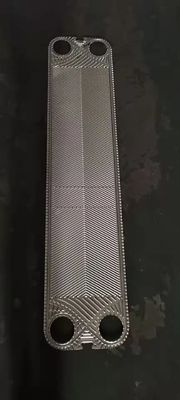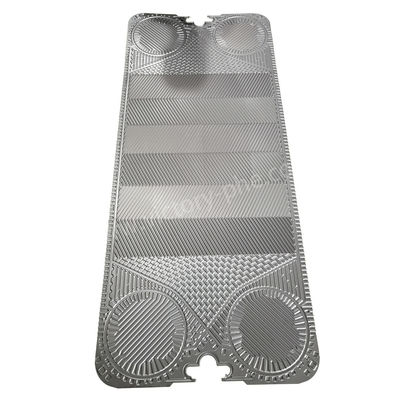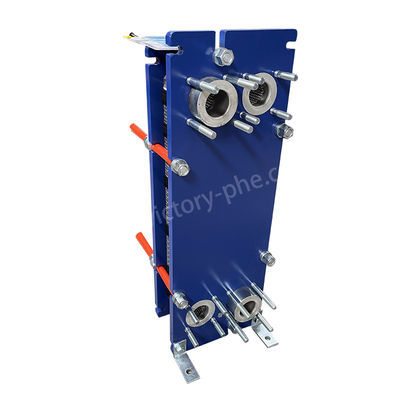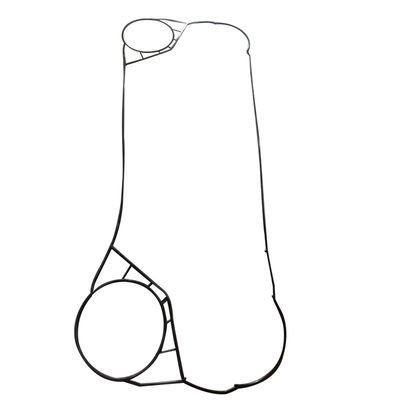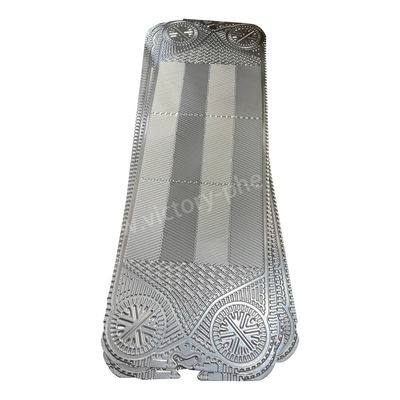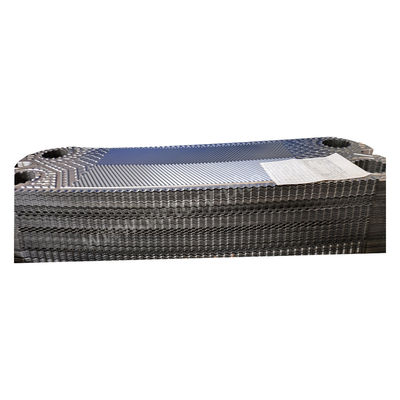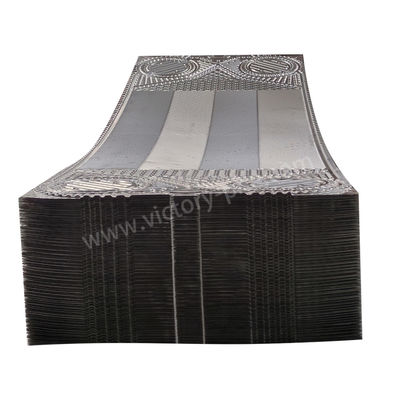Heat Exchanger Plates
Stainless Steel, Titanium, Nickel Alloy Material Heat Exchanger Gasket Plate Sheet For Vicarb Exchanger Replacement
The production process of heat exchanger plates typically involves stamping or pressing the plates from various materials such as stainless steel, titanium, nickel alloys, or even some plastics. These materials are chosen based on factors like their thermal conductivity, corrosion resistance, and compatibility with the fluids being used in the heat exchanger.
Some widely used materials in heat exchanger plates include:
Stainless Steel: Known for its corrosion resistance and durability, making it suitable for a wide range of applications.
Titanium: Offers excellent corrosion resistance, particularly in aggressive environments.
Nickel Alloys: Provide good resistance to high temperatures and aggressive chemicals.
Copper Alloys: Known for their high thermal conductivity, making them efficient for heat transfer applications.
Advantages of different materials used in heat exchanger plates may include:
Stainless Steel: Good corrosion resistance, durability, and cost-effectiveness.
Titanium: Excellent corrosion resistance, lightweight, and high strength-to-weight ratio.
Nickel Alloys: High-temperature resistance and corrosion resistance.
Copper Alloys: Superior thermal conductivity for efficient heat transfer.
Disadvantages may include:
Stainless Steel: Lower thermal conductivity compared to some other materials.
Titanium: Higher cost compared to some other materials.
Nickel Alloys: Higher cost and may not be suitable for all applications.
Copper Alloys: Susceptible to corrosion in certain environments.
These materials have specific advantages and disadvantages depending on the application and operating conditions of the heat exchanger.
| Brand |
Model |
| Vicarb |
V4,V8,VU8,V13,V20,V28,V45,V60 |
| Material |
Specification |
| Stainless Steel |
SUS304 316 316L 310S 904 |
| Titanium and titanium-palladium alloy |
TAi TAi-Pd |
| Hastelloy |
C276 D205 B2G |
| Nickel |
Ni200 Ni201 |
| Molybdenum |
254 |
Heat Exchanger Plates material
1. Stainless steel SUS304 SUS316L
Purified water, river water, food oil, mineral oil
2. Industrial pure titanium and titanium-palladium alloyTi tanium and Pal ladium
Sea water, salt water, salt compounds
3. Hastelloy Alloy
Concentrated sulfuric acid, hydrochloric acid, phosphoric acid
4. Nickel
High temperature and high concentration caustic soda
Q&A
1. Q: Are you a manufacturer or trading company?
A: We are a professional manufacturer of plate heat exchangers, plates, gaskets, plate mould with 18 years' experience.
Q: Can I customize samples of heat exchanger plates?
A: Yes,we welcome sample order to test and check quality.



 Your message must be between 20-3,000 characters!
Your message must be between 20-3,000 characters! Please check your E-mail!
Please check your E-mail!  Your message must be between 20-3,000 characters!
Your message must be between 20-3,000 characters! Please check your E-mail!
Please check your E-mail! 
